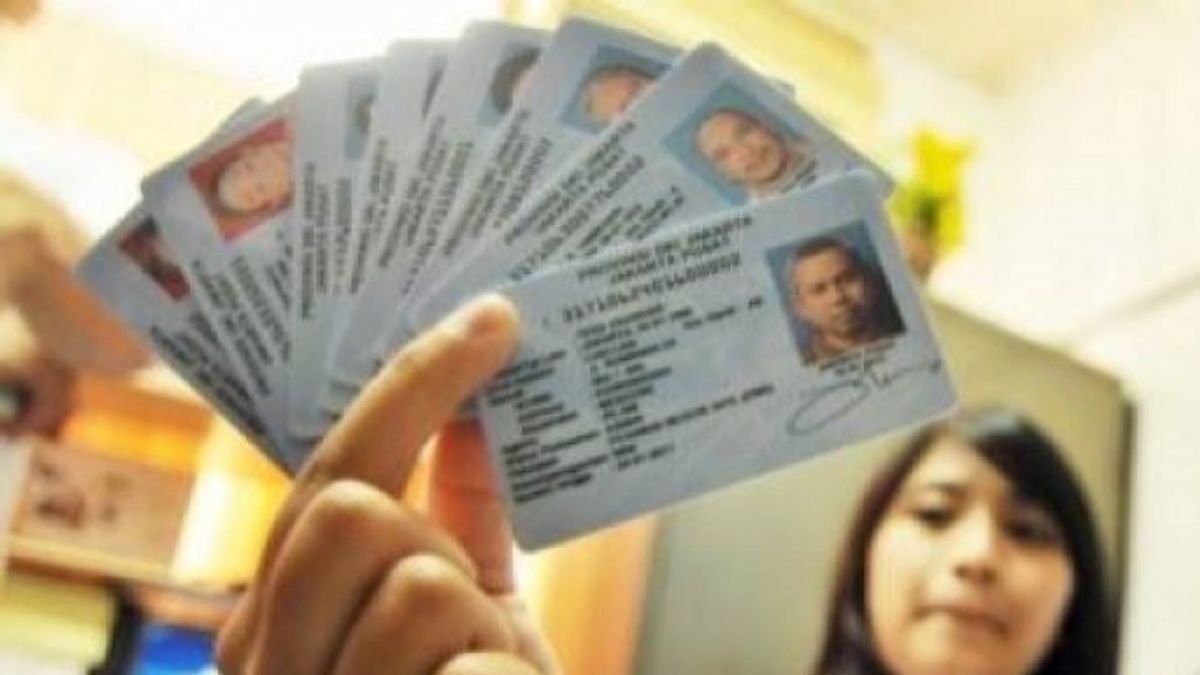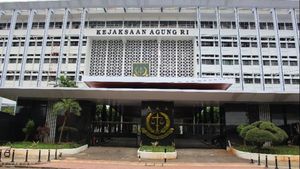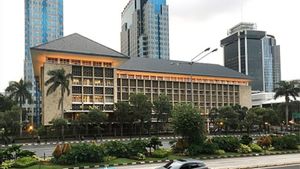Head of the DKI Jakarta Population and Civil Registration Agency (Disdukcapil) Budi Awaluddin said that the deactivation of the population identification number (NIK) of Jakarta residents living outside the area will begin next month.
In June, the DKI Provincial Government will submit a list of NIK Jakarta residents who have been domiciled outside the city to be deactivated to the Ministry of Home Affairs (Kemendagri).
"In early June, we will submit another deactivation to the Ministry of Home Affairs. The number is around 1000 thousand whose status they live outside DKI Jakarta," Budi told reporters, Sunday, May 26.
In the policy of deactivation of the NIK, the DKI Provincial Government has disabled around 130 thousand NIK residents in the category who have died and residents in the neighborhood unit (RT) who no longer exist.
Then, the deactivation of the NIK of Jakarta residents who already live outside the area will be carried out after the initial two categories have been deactivated.
Ahead of the implementation of the next phase of the NIK deactivation, it was recorded that more than 213 thousand residents who no longer live in Jakarta have moved population administration according to their current domicile outside the city.
Of this number, 1,170 ASN DKI Jakarta Provincial Government also took the initiative to transfer their NIK before being deactivated by the government because they had lived outside Jakarta.
"They consciously transferred their residence documents according to their domicile. They were warned at the residents' data. Then they moved them consciously," explained Budi.
"In principle, this population administration control program has good benefits, in order to create a global city that is resilient, inclusive, competitive, and sustainable," he added.
SEE ALSO:
Currently, there are 11,337,563 residents living in Jakarta and will continue to increase with dynamic population mobility. Therefore, Budi emphasized that population planning data needs to be carried out so that de facto and de jure data in the field can be appropriate and accurate.
"With a DKI Jakarta area of 661.5 square kilometers, there are 17 people in each square meter. If this is not well organized, it can lead to inaccuracies in population data. So we need to continue to make data adjustments in the field," concluded Budi.
The English, Chinese, Japanese, Arabic, and French versions are automatically generated by the AI. So there may still be inaccuracies in translating, please always see Indonesian as our main language. (system supported by DigitalSiber.id)
















